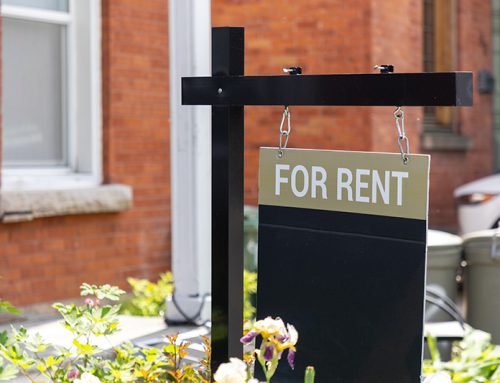Understanding how interest rate changes and the rental market are linked is essential for landlords in South Africa. Whether you’re just starting out or already have an established portfolio, shifts in interest rates can significantly influence your returns, expenses, and rental strategies.
How rising interest rates affect new landlords
For new landlords, entering the property market during a high-interest rate period can be challenging. Home loan repayments become more expensive, which affects your initial affordability and long-term profitability.
Higher bond repayments reduce cash flow
When interest rates rise, monthly bond repayments increase. This means your monthly cash flow may tighten, especially if rental income doesn’t cover the bond and operational costs. As a result, new landlords often need to:
- Increase rental prices (if market allows)
- Delay renovations or improvements
- Re-evaluate investment locations
More selective tenant screening is required
With tighter margins, every rental payment counts. It’s crucial to secure tenants who pay on time and treat the property with care. Tools such as Preferental’s property management services can help screen tenants efficiently and manage rental payments securely.
The upside of falling interest rates for new landlords
On the flip side, lower interest rates make bond repayments cheaper. This allows new landlords to:
- Achieve positive cash flow sooner
- Invest in higher-value properties
- Enter the market with more financial breathing room
In periods of low interest, new investors can afford to be more strategic—perhaps targeting areas with high rental demand or investing in multiple units.
What experienced landlords should consider
Experienced landlords are better positioned to ride the wave of interest rate fluctuations, but they are not immune to their effects.
Variable bonds can reduce long-term profits
If you’re holding properties with variable-rate home loans, even a small rate increase can significantly affect your overall profit margins, especially across multiple properties. To mitigate this:
- Consider refinancing at fixed rates during low-interest periods
- Conduct annual reviews of portfolio performance
- Budget for rate hikes in your financial forecasts
Rental demand may shift
Tenants often respond to interest rate changes too. As higher rates make home buying less accessible, more people turn to renting. This can increase demand in the rental market, allowing landlords to:
- Fill vacancies faste
- Adjust rental rates upward (within market limits
- Choose tenants more selectively
Property value fluctuations matter
Interest rate increases can dampen property price growth, potentially affecting your ability to leverage equity or sell profitably. However, for landlords focused on rental income rather than resale, this may have limited impact in the short term.
Adapting your strategy to market shifts
Both new and experienced landlords can future-proof their rental strategy by staying informed and being flexible.
Use professional property management
Professional management helps reduce risk and increase efficiency.
Diversify your portfolio
Don’t put all your investment eggs in one basket. Consider spreading risk across different types of properties or locations with varying rental demand and economic stability.
Staying ahead in a changing market
The connection between interest rate changes and the rental market will always exist, but smart landlords use this knowledge to their advantage. Monitor rate trends, understand their implications, and adjust your rental strategy accordingly.




